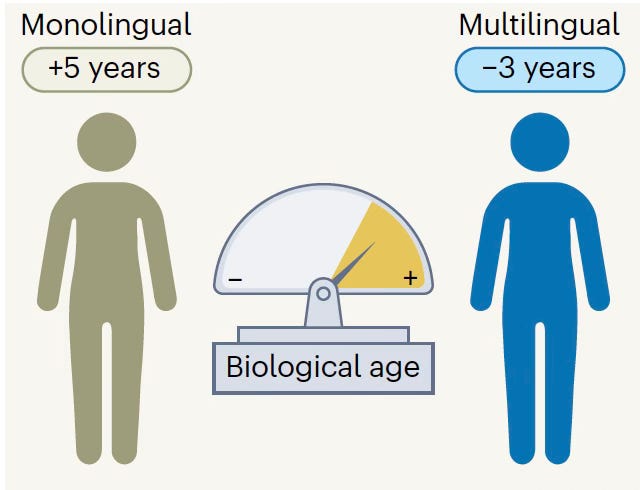Investors back private equity firms because they buy a business, make it plumper and sell it on for a profit.
Blackstone, KKR, CVC Capital Partners and others are collectively sitting on unsold companies worth about $3.6 trillion, according to a recent report by Bain & Company, a consultancy firm.
Marc Rowan, the chief executive of Apollo Global Management, opines on providing “long-term capital” to companies through debt funds, and KKR, a rival American firm, has been expanding its bets on infrastructure and property, which are usually held for longer periods.
As interest rates started to rise and the deals market slowed, after Russia’s invasion of Ukraine, these firms faced an increasing number of problems offloading their investments. So rather than their previous, slightly buccaneering approach, private equity managers have now diversified by expanding into a wider range of assets, and re-branding themselves as long-term investors.
Marc Rowan, chief executive of Apollo Global Management CRAIG HUDSON/BLOOMBERG VIA GETTY IMAGES Private equity firms have therefore become accustomed to holding on to companies for longer and trying to improve their underlying operations rather than selling for a marginal gain, or in the worst case, divesting at a loss, creating what has become known as “indigestion” in the industry. Here are some of the UK companies that have proved hard to shift from private equity portfolios. Ownership: CVC for ten years Purchase price: £400 million for a 40 per cent stake Sale price: £2 billion to £3 billion The Amsterdam-listed private equity firm founded by Donald Mackenzie, Rolly van Rappard, and Steven Koltes first invested in the motorway services group Moto Hospitality by purchasing a 40 per cent stake for £400 million from the Universities Superannuation Scheme in December 2015. CVC was betting on Britain’s motorists during this period, having invested in the roadside repair group RAC just a few days before and the deal came as the firm made a shift into longer-term investing. CVC bought the firm through its strategic opportunities fund, which has a mandate of 15 years, but the firm appears to be ready to find the exit ramp, having hired Rothschild to prepare an auction of the business in May 2024. Moto’s owners are said to want between £2 billion and £3 billion for their holdings but are yet to find a buyer. Ownership: TDR Capital for 12 years Purchase price: £750 million Sale price: £1.8 billion to £2.3 billion The David Lloyd club in Maidenhead ALAMY The private equity backer of Asda has been seeking an exit from David Lloyd Gyms for an extended period, having tried several times to sell it. TDR Capital bought David Lloyd Gyms 12 years ago and tried to sell it for a reported £1.3 billion in 2017, before another attempt in 2023. The firm is now considering a sale through a so-called continuation fund, which would involve transferring the asset from one group of investors to another at a valuation of between £1.8 billion and £2.3 billion. TDR invested equity of £190 million and has taken out dividends of more than £500 million since it inked the deal, and the chain’s debt has risen to £1.2 billion. It is understood that there has been no update on the sale process since March. Ownership: Manzanita Capital for 23 years Purchase price: Undisclosed Sale price: £300 million to £400 million Space NK was founded by Nicky Kinnaird in 1991 as a beauty boutique in Covent Garden selling products that could not be found in larger chains such as Boots or Sephora. Manzanita Capital, a private equity firm created by the son of the Gap founders, acquired a stake in the business in 2002 and built the business into a premium, high street brand with more than 70 shops. Space NK was founded by Nicky Kinnaird in 1991 Manzanita Capital specialises in what it describes as “niche” companies and backs its investments over the long term, but it has been weighing up an exit from Space NK for a number of years. Goldman Sachs was brought in to explore a sale of the business seven years ago but the firm decided to hold on to it. Bankers at Raymond James were then appointed to oversee a sale last year and no deal materialised. Manzanita Capital will be hoping to get lucky on its third attempt after re-starting the process in May. Ownership: Graphite Capital Management for 12 years Purchase price: Stake of 51 per cent for £35 million Sale price: £100 million The Hawksmoor upmarket steak chain attracted private equity investment seven years after it was in 2006 by Will Beckett and Huw Gott. Graphite Capital Management bought a 51 per cent stake in the business through a fund raised in 2013. Beckett and Gott remained invested as the business continued to grow into a chain with seven London restaurants, and further outlets in Manchester, Edinburgh, Liverpool, Dublin, New York and Chicago. Graphite’s investment in Hawksmoor was one of its first made from the 2013 fund, and the company is now its oldest investment in that fund. It is understood that sales talks are continuing after the steakhouse chain began an auction process in summer 2024. Ownership: Cinven and CVC Capital Partners for more than eight years Purchase price: £1 billion Sale price: £1.7 billion Cinven joined forces with CVC to buy NewDay, a provider of consumer-credit services, in a £1 billion deal completed in January 2017 and the pair have been examining an exit from the business for a number of years. The private equity firms had been exploring an initial public offering at a valuation of £2.5 billion in October 2021, and hired investment bankers at Bank of America, Morgan Stanley and Citi to arrange its market debut. The plans failed to materialise as markets turned and IPOs ground to a halt. Now the credit-card business is being marketed to private equity firms in a deal valued at around £1.7 billion, in an auction that has attracted interest from private equity firms KKR and Bain Capital and the investment manager Pimco.
Moto Hospitality
David Lloyd Gyms

Space NK

Hawksmoor
NewDay
.png)




